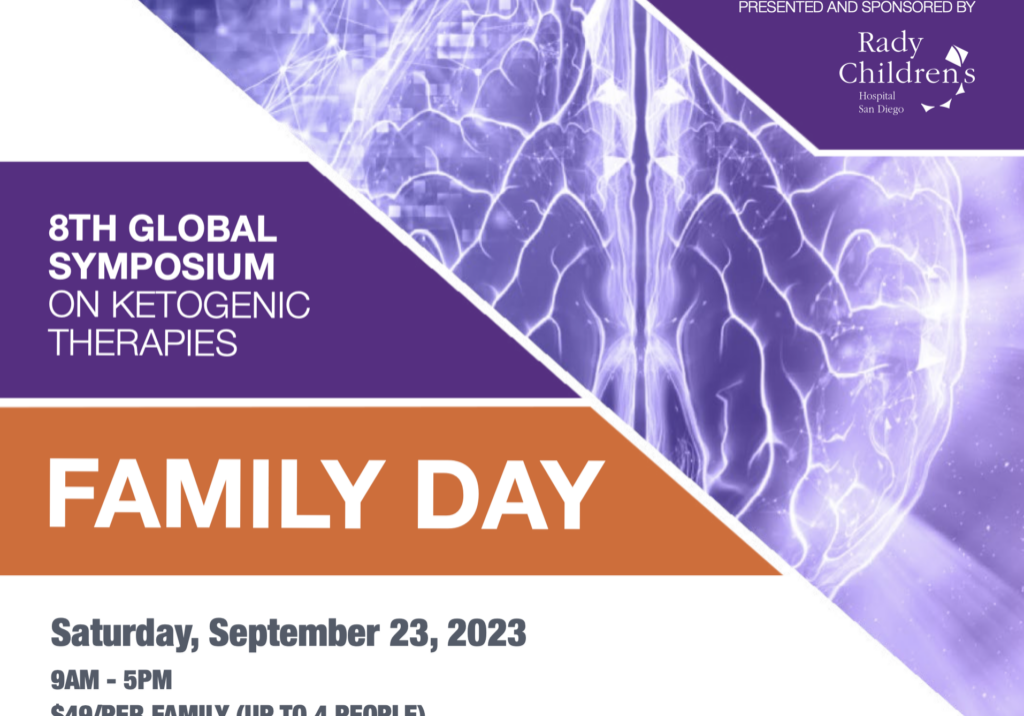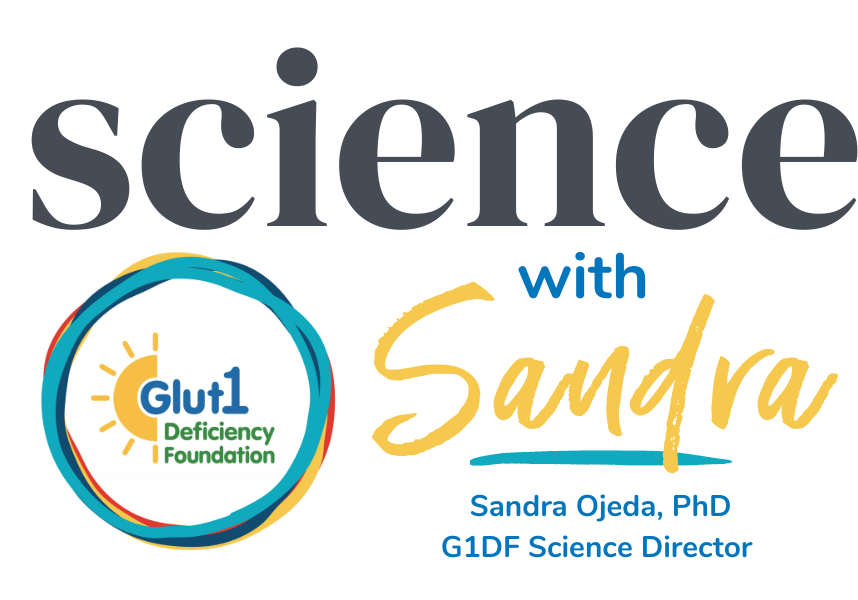Research Roundtable Summary – Speech and Language

I would like to highlight our most recent research roundtable which took place on April 25th. The topic of this meeting was speech and communication challenges for Glut1 Deficiency patients and our guest speakers were Dr. Jörg Klepper and Dr. Kristina Simonyan.
Dr. Klepper is the Medical Director of Aschaffenburg Children’s Hospital in Aschaffenburg, Germany. His clinical interests include disorders of brain energy metabolism such as Glut1 Deficiency and pyruvate dehydrogenase. His research interests include the mechanisms and adverse effects of the ketogenic diet on these disorders and establishing international protocols for the use of the ketogenic diet for epilepsy and metabolic disorders.
In his talk, Dr. Klepper highlighted a few studies that have been done regarding speech in our patient population. Generally, speech in Glut1DS is a “black box” lacking definition, causes and treatment recommendations. The few data available indicate that the ketogenic diet plays an important role in cognitive outcomes, in particular in total/verbal IQ and most importantly that the timing of the ketogenic diet introduction is a predictive factor of cognitive outcome. In patients who respond well to the diet, the earlier the introduction of the diet, the better the outcome.
In addition, studies have found that Glut1 Deficiency is a condition that affects not only speech and language, but also cognition and motor skills.
It’s also important to highlight that despite the effectiveness the ketogenic diet has in seizure control in most of the patients in our community, it’s show less effectiveness regarding paroxysmal exercise dyskinesia (PED) and significantly less effectiveness in speech.
Finally, a study done by Dr. Klepper and his team looked at the cognitive profiles in a small group of Glut1 Deficiency patients. Some of the aspects that were studied were verbal communication, perceptual reasoning, working memory and processing speed. Some of the conclusions of this study were that motor deficits influence test performance negatively, that the ketogenic diet initiation and duration had a positive tendency on overall IQ score and that a specific characterization of the speech disorder is necessary to determine the speech motor impairment in this disease. In general, people underestimate IQ of patients with Glut1 Deficiency because of speech impairments.
Dr. Klepper is now conducting a study which will look at 25 Glut1 Deficient patients in Germany with the aim to characterize speech impairments in this disease and will potentially lead to treatment recommendations.
Our second guest speaker was Dr. Kristina Simonyan. Dr. Simonyan is a professor of Otolaryngology Head and Neck Surgery at Harvard Medical School, the director of Laryngology Research at Massachusetts Eye and Ear, and an Associate Neuroscientist at Massachusetts General Hospital. Her clinical research program is focused on isolated focal dystonia, and her research interests are in the neural mechanisms of normal and diseased speech production and other complex voluntary motor behaviors.
Dr. Simonyan shared some of the data from her studies in Speech impairment in Dystonia. Dystonia is a movement disorder characterized by sustained or intermittent muscle contractions causing abnormal often repetitive movements, postures or both. Dr. Simonyan explained that there are different types of dystonia that affect speech. One of the forms of dystonia that affects speech in Laryngeal dystonia which causes the muscles that generate a person’s voice to go into periods of spasm or involuntary muscle contraction.
One of the areas of focus for Dr. Simonyan’s research is neuroimaging, which is used to study the neural basis of human behavior and cognition. Some conditions such as laryngeal dystonia or speech in Glut1 Deficiency patients are hard to reproduce using animal models, therefore, neuroimaging techniques are powerful tools to study the brain directly in patients affected by different conditions. Some of the benefits of using neuroimaging are that researchers and clinician can study the whole brain at once, they can study its function, structure and even neurotransmission.
One of the techniques used for neuroimaging is a functional MRI which measures the relation of functional activity to blood oxygenation. Neuroimaging studies have allowed Dr. Simonyan and her team to diagram neuronal speech networks and to compared them in healthy vs. patients with laryngeal dystonia. The differences established in neuronal networks between healthy and individuals with a specific disease can be used as a tool to identify biomarkers that can be targeted by treatments and to evaluate the effectiveness of such treatments.
Thank you for visiting our blog and please do not hesitate to contact me if you have any questions or suggestions at [email protected]



